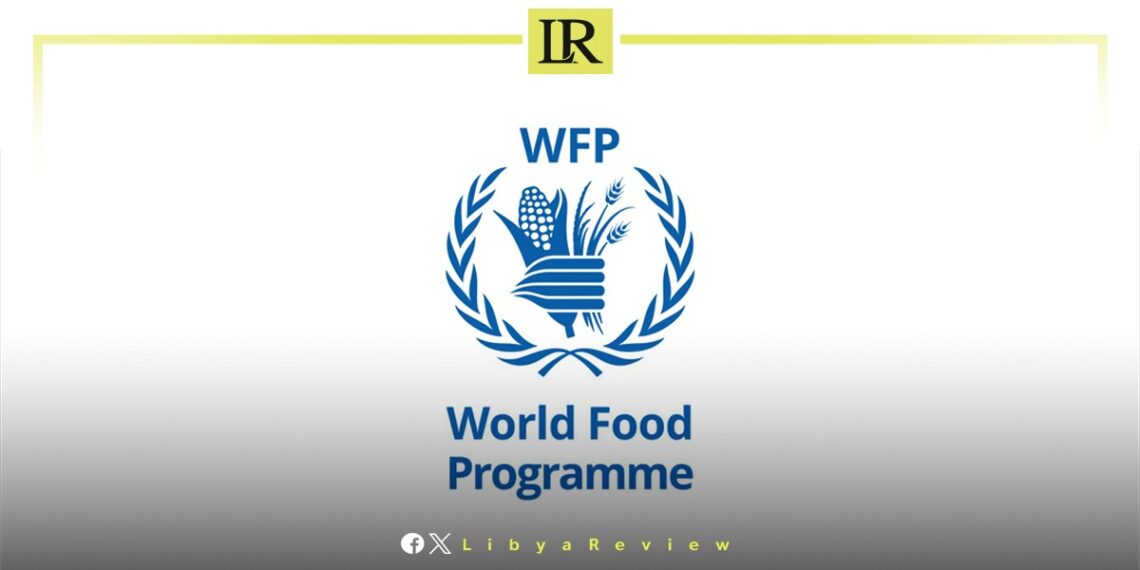On Saturday, the World Food Programme (WFP) announced that it had provided aid to 64,835 people in Libya during May. This assistance included distributing 5 tons of food supplies.
In its latest report, the WFP detailed that $1.43 million was distributed through cash transfers. However, the program also highlighted a funding requirement of $15.8 million for the next six months to continue its operations effectively.
The WFP reaffirmed its ongoing support for Sudanese refugees, noting that the influx of refugees and asylum seekers from Sudan continues following the recent conflict there. As of the end of May 2024, the total number of Sudanese refugees registered with the United Nations High Commissioner for Refugees (UNHCR) in Libya reached 40,081.
Additionally, the WFP has launched an appeal for a joint response plan for Sudanese refugees in Libya, seeking $43.8 million in funding. This includes $3.9 million specifically for the WFP to provide unconditional food assistance to approximately 55,000 Sudanese refugees suffering from food insecurity.
Libya has faced political instability and conflict for over a decade, leading to a complex humanitarian situation. The country has become a hub for migrants and refugees, primarily from sub-Saharan Africa and the Middle East, aiming to reach Europe. However, many find themselves stranded in Libya, facing harsh conditions.
The WFP, along with other international organizations, has been at the forefront of providing humanitarian aid in Libya. Their efforts include food distribution, cash transfers, and support for refugees and internally displaced persons (IDPs).
The challenges are immense, with funding shortfalls often hindering the delivery of crucial aid.
The recent conflict in Sudan has worsened the refugee situation in Libya. Thousands of Sudanese nationals have fled the violence, seeking safety across the border. The influx has placed additional strain on Libya’s already stretched resources and infrastructure.
The joint response plan aims to address the urgent needs of these refugees. The $43.8 million funding appeal will support various initiatives, including food, shelter, and medical care. The WFP’s role in this plan is critical, as food insecurity remains a pressing issue among the refugee population.


